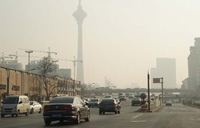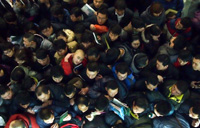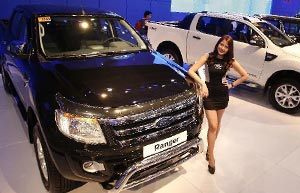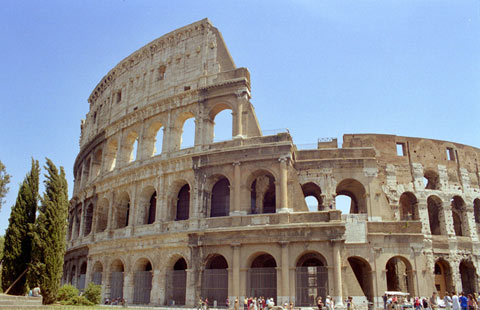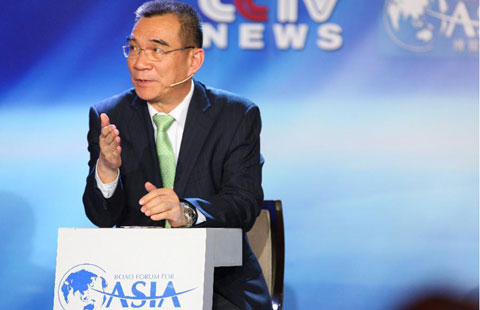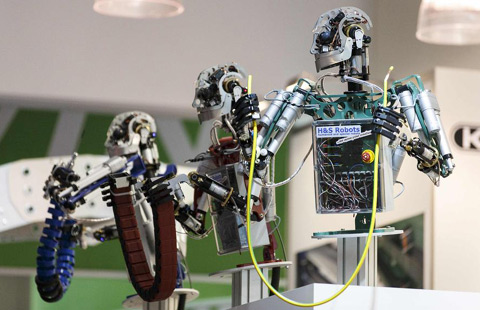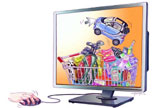Hangzhou: New plate restrictions
By Xu Xiao (China Daily) Updated: 2014-03-31 10:59One-in-30 participants in the lottery will be successful, they said.
Purchase of new-energy vehicles - electrics or hybrids - will be exempt from the lottery and auction, according to the government.
Hangzhou will have stricter traffic restrictions from May 5 with the period for peak-hour traffic controls extended.
The government said the last-digit rule will remain in effect, which prohibits drivers from using their cars on a certain day each week.
The new regulation says that vehicles without Hangzhou license plates are prohibited during the peak-hour traffic restriction period.
Lu told reporters that many of his colleagues and friends, strongly complained about the new policy, because "both local and non-local cars are restricted, no one seems to get some benefit".
Prepare for 'hunger'
Some dealers said they are happy with the sales performance in the past few days, but worry about the future.
|
|
"This is our last supper. We must cherish this good opportunity. After this we have to prepare for hunger," an FAW-Volkswagen dealership manager in Hangzhou told China Business News.
Industry insiders said domestic brands are hardest hit by vehicle restriction policies released by several city governments.
"We have nothing to say except feeling helpless. The local vehicle restriction policies offset the nation's market liberalization efforts in recent years and greatly harmed the interests of domestic brands," said an executive of a local automaker.
The executive said since the auction and lottery practices made license plates more difficult to get, many customers tend to choose a more expensive foreign brand as their first purchase rather than a lower-priced car made by domestic automakers.
China Business News also cited a market survey, showing that before Beijing began its lottery system at the end of 2010, 12 mainstream domestic automakers sold about 118,000 units in the city in the same year. By the end of 2011, the number had decreased to about 41,000 units. Further declines were reported in the following years.
"There were also nationwide declines in the sales of domestic brands as more cities implemented similar policies. The market is giving less space for the growth of these automakers," the executive said.
Five cities before Hangzhou - Shanghai, Beijing, Guiyang, Guangzhou and Tianjin - implemented license plate restrictions through auctions or lotteries.
Dong Yang, secretary-general of China Association of Automobile Manufacturers, said local policy makers should have scientific and rational solutions to deal with traffic congestion and air pollution.
"Simply restricting cars on road has limited effect to solve the problems," Dong said.
- Premier Li meets with Timor Leste's Prime Minister
- China encourages development of private healthcare
- Lufthansa Cargo strengthens its presence in China
- China battles for rags-to-riches stories
- Cars, models at 10th Manila Intl Auto Show
- Jack Ma to acquire 20% of Wasu Media
- XP's demise helps Chinese IT developers
- GM planning lower-priced version of 2016 Chevy Volt
